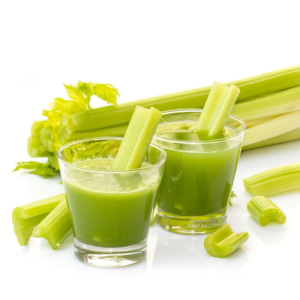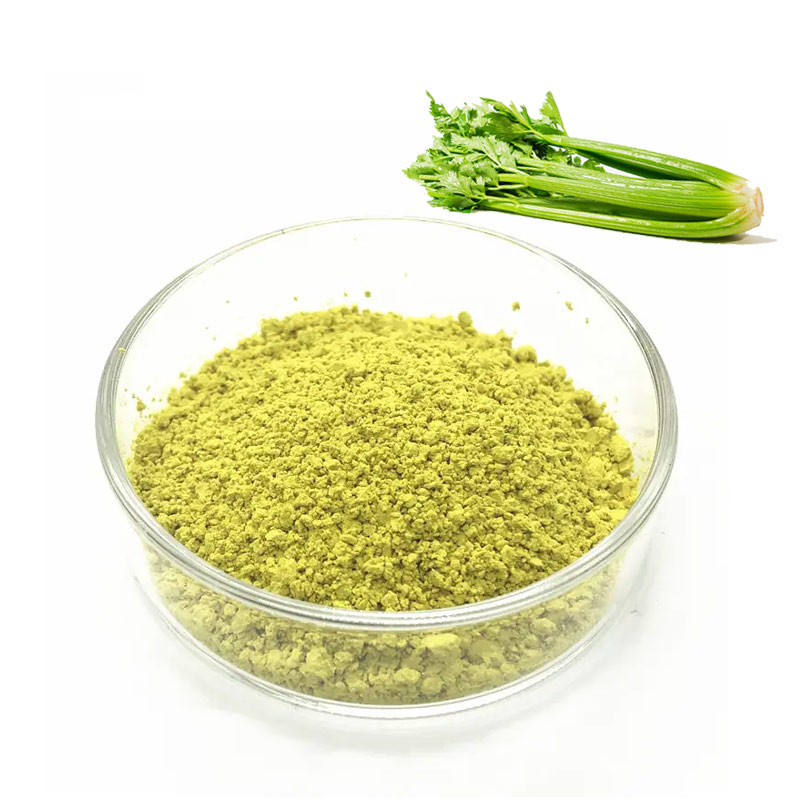Apigenin
-Plant extracts
Product information

| Product Name | Apigenin |
| CAS | 520-36-5 |
| Melting point | >300 °C (lit.) |
| Boiling point | 333.35°C (rough estimate) |
| Density | 1.2319 (rough estimate) |
| Storage conditions | 2-8°C |
| Solubility | hygroscopicity |
| Morphological | Powder |
| Acidity coefficient (pKa) | 6.53±0.40 |
| Color | Sticky yellow |
| Purity | 98% |
| Shelf life | 2 years |
Intro of Apigenin
Baisfu Apigenin is a bioflavonoid compound that can be found in a variety of plants and herbs. Chamomile tea is very abundant in it and has an anxiety-reducing effect when taken in high doses. At higher doses, it can be a sedative.
Physical and chemical properties
Yellow acicular crystal (pyridine aqueous solution), mp.345℃ ~ 350℃. Almost insoluble in water, still soluble in hot ethanol, soluble in dilute potassium hydroxide KOH solution. Apigenin has diuretic, blood pressure regulation, antibacterial, anti-inflammatory and other functions.
Chemical property
Almost insoluble in water, partially soluble in hot ethanol, soluble in dilute KOH solutions. It is derived from Apium graveolens L. var. dulce DC.
Use
flavonoid, which can capture the G2/M phase of the cell cycle and inhibit cell expansion. Inhibit growth, induce apoptosis, used in cancer drugs.
The flavonoid contained in apigenin is a plant flavonoid that has been found to inhibit cell proliferation by blocking the cell cycle during the G2/M phase. Inhibition of growth through cell cycle arrest and induced apoptosis appears to be related to the induction of p53. Pma-mediated tumor promotion is inhibited by inhibition of protein kinase C and the resulting inhibition of oncogene expression. The inhibition of topoisomerase catalyzed deoxyribonucleic acid reconnection and enhanced intercellular communication of gap junction were also reported.
Biological activity and pharmacological action
The molecular structure of apigenin determines its unique physiological effects and biological characteristics, and has a good biological function. A large number of studies at home and abroad have found that apigenin is a natural antioxidant, which has the effects of lowering blood pressure, dilating blood vessels, preventing atherosclerosis and inhibiting tumors. Compared with other flavonoids (quercetin, chennaetin), it has the characteristics of low toxicity and no mutagenicity. At present, apigenin has certain applications in medicine, food and other industries. However, due to the poor water solubility and intestinal absorption of apigenin, its oral bioavailability is low, and its activity in vivo is low, which limits its application to some extent.


